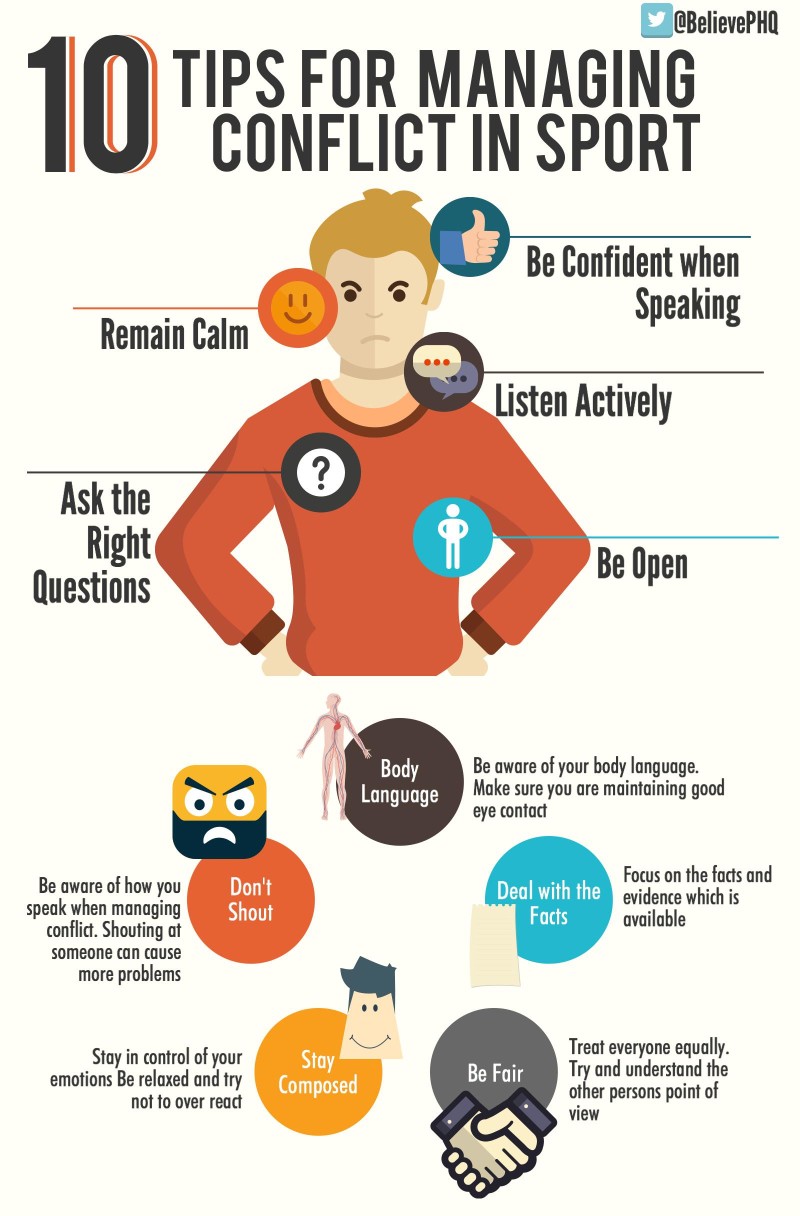Handling Conflict in Sport: Positive Response For Positive Outcomes
One of the biggest reasons why we play sports is because it’s fun, right?
So naturally, in order to experience an atmosphere where you feel confident, can perform well, and are enjoying yourself, we are wired to avoid something like conflict at all costs. The tricky part is, conflict within athletics and on teams is unavoidable.
Since sports are competitive by nature, it is pretty common for issues to come up between teammates, coaches, or with the opposing team. Learning how to manage our emotions and come to a resolution when disagreements happen is important so that our performance and overall experience isn’t affected in negative ways.
Conflict typically starts when another person feels differently about something that we care or feel strongly about. Since teams are full of individuals with contrasting thoughts, beliefs, values, and personalities, differences are a normal and healthy part of team and sport dynamic. The ultimate goal is to meet conflict head on, and deal with it in a positive way in order to experience positive outcomes.
Even though conflict is uncomfortable, positive resolution strategies (things like having a calm approach, sticking to the facts, and listening) can help us to learn more about ourselves, and ultimately strengthen trust and respect with others. These conversations can create breakthroughs during tough tasks and pave the way toward common goals. A lot of disputes can be handled by individuals, however, if the environment doesn’t feel safe or bullying is involved, we should make sure to reach out to others for help and guidance.
Being able to have a tough conversation takes practice, and compromising can make everyone feel like a winner in the end. Use the tools on the infographic to help navigate conflict successfully in all areas of life. Being able to work together through uncomfortable conversations and disagreements will push us to grow individually and as a team.


Infographics used with permission of the BelievePerform Shop.




About The Author
BelievePerform Shop
In today’s sport, the performance of an elite athlete requires great physical, technical and tactical qualities, though at the top level, these are not enough. Performance psychology is now playing a much larger role in sport and many clubs and teams in over 70 countries across the planet are now recruiting top psychologists to help improve performance.